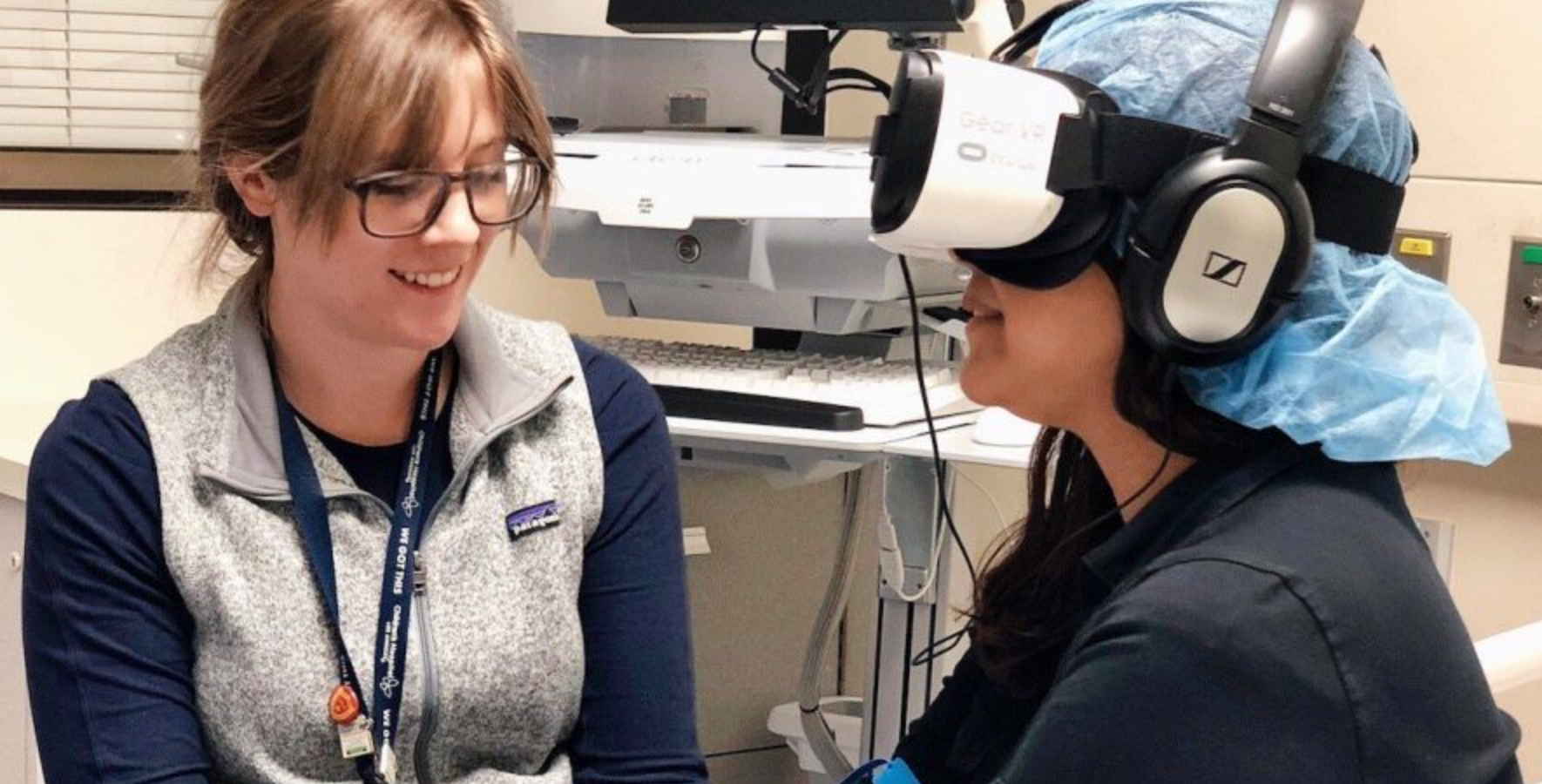The West Philly Financial Literacy Program that Levels the Playing Field
The West Philly Financial Literacy Program that Levels the Playing Field
By Cinnamon Janzer, Next City, October 5, 2021
Photos here: NappyStock. word count: 783
Special rules: Please include the tracking pixel into the source or HTML view of your CMS when republishing this story. The tracking pixel can be found at the bottom of the story.
“It’s not rocket science. It’s easy,” say Keith Weigelt, professor emeritus of management at the University of Pennsylvania’s Wharton School of Management, of investing in the stock market. “People think it’s so difficult to get wealthy in the stock market, and it’s really not.”
It’s this philosophy that’s behind the Bridges to Wealth program, which Weigelt co-founded with another U Penn teacher, Jill Bazelon. It uses investing to create and build intergenerational wealth across West Philly—the community through which Weigelt walks to work every day.
During a 2012 bipedal commute, he began thinking “that we should be doing more for the neighborhood,” Weigelt says. “I started thinking about … financial literacy and financial empowerment in terms of getting the high returns that wealthy people do.”
“Other people have that in their families—they grew up with stocks and bonds and mutual funds and all that good stuff, but for people who didn’t grow up with it, that’s all foreign,” says Kevin Brown, the manager of the Neighborhood Advisory Council within the People’s Emergency Center, a West Philly community group that has been participating in the Bridges to Wealth program for a handful of years. “This somewhat levels the playing field, or attempts to.”
To begin providing wealth building opportunities to the surrounding community, Weigelt reached out to West Philly churches, who he says saw the value in the program right away, and Bridges to Wealth was born.
“Something like 90% of U.S. households with less than $50,000 in wealth only put their money in banks,” Weigelt explains. Because of the low returns associated with savings accounts (the average return for a savings account is .06%), “you can’t get wealthy by putting money in a bank,” he says.
The program teaches participants how to invest in the stock market in a high-yield, low-risk way through mutual index funds—a group of stocks or bonds that follow stock market indices like NASDAQ or the S&P 500 that generally rise over time. Because the investments automatically follow an index, it’s an easy, hands-off approach. Participants can invest on their own, with one-on-one help from Weigelt, or join an investment group, where they pool their money to make larger investments, and therefore more returns, collectively. To date, the group’s average return has been over 18% and, in the nine years that the program has been running, not one has lost money.
The program starts with six hours of financial literacy education that covers managing credit, building assets, and reducing liabilities. Then participants can move into individualized services like one-on-one consultations, community group investing, or both. Bridges to Wealth also partners with 15 schools to teach high-school students the basics of financial literacy and entrepreneurship, and works with parents to discuss saving for college.
Many of the one-on-one sessions that Weigelt conducts focus on making the most out of people’s 401k retirement investments. “A lot of participants have several small 401k plans in different places because they’ve moved jobs,” he says. So, he works with them to consolidate all of their investments into one place, usually recommending a low- or no-fee account such as those offered by Charles Schwab.
Then there are the roughly 2,000 community group investors. Weigelt estimates that 97% of the participants are minorities and about 75% of participants are women, many of whom are single parents. They meet about once a month to discuss their investments as well as their individual investments, personal or business goals, investing for children, and the like—offering a social component that’s akin to church, according to Weigelt.
Individually and collectively, they’ve done very well.
“We’ve had some people buy houses. We’ve had people be able to afford retirement and open up accounts for their children,” he says. During COVID, the group turned to offering 1% interest loans to members who needed emergency funding. The most important outcome, though, has been empowerment.
“It’s a different relationship with money. Our financial IQ has risen,” says Brown. “One of the keys to the success of the program has been delivering the information in a way that’s not condescending and patiently waiting to build trust. “It’s important that you gain their trust and explain things simply but don’t talk down to them,” Weigelt says.
And there’s no reason to—the group is performing amazingly.
“The year before COVID we had over a quarter of a million dollars in the community fund and we were investing about $200,000 a year with an average contribution of $10 every two weeks,” Weigelt notes. “It’s not like we’re using sophisticated trading strategies. We’re investing in simple index mutual funds that are low cost. You can get wealthy by doing that, you just have to start.”
Tracking pixel:
<img src="https://www.google-analytics.com/collect?v=1&t=pageview&tid=UA-2562581-1&cid=de966719-bcc5-40dc-bcd8-741cba01d433&dh=nextcity.org&dt=%5BSJN%5DThe%20West%20Philly%20Financial%20Literacy%20Program%20that%20Levels%20the%20Playing%20Field&dp=sjn/https://nextcity.org/daily/entry/the-west-philly-financial-literacy-program-that-levels-the-playing-field"/>






